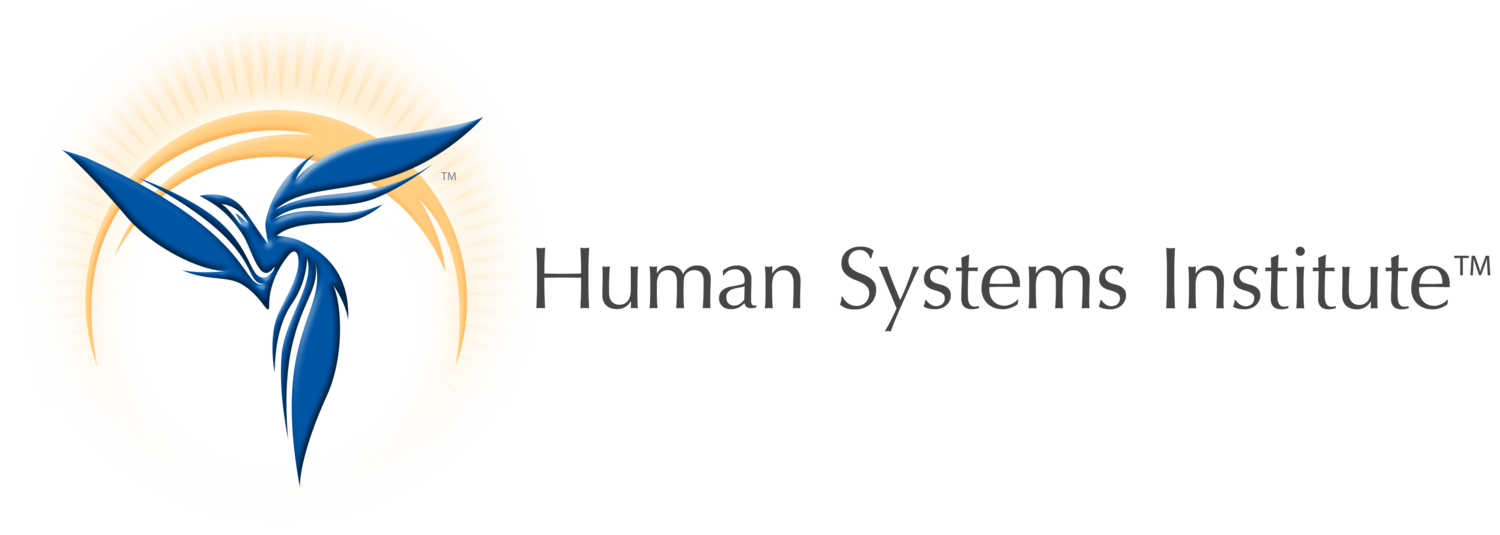Ever find yourself in a delicate situation? How do you find the leverage points to make a change?
To quote the title of a Taylor Swift song, have you ever been in a situation that felt, well, delicate? You may have had an idea where you wanted to go, but any movement felt precarious, as if all your efforts to that point might come tumbling down?
STORY
I once worked with a venture capitalist whose company had bought a machine parts company that struggled in the 2008 banking crisis. The relationship between the VC, his team, and the original founders and owners of the company had deteriorated to the point that it looked like the company might fail. He was frustrated and angry with the founders, who were hurt and feeling as misunderstood as he was. I set up a constellation for him and it gradually became clear that the most valuable thing the company owned was the deep love and understanding the founders had for their customers,and the customers response to them. When that came to light, the dynamics shifted and the VC finally understood what was precious about this company, where the true value resided. For the first time, he genuinely appreciated the founders, two earnest and caring people that he had initially labeled as "fools." This transformed both the relationships between these people, the VC who was actually trying to save the company financially, and the founders who had put their heart into the business. It also positively affected the future success of the company and all the hard-working employees that had been a part of it for many years. What was the "leverage point" in this sticky situation that caused the shift? How can we find those pivotal change points - whether in a family, a business, a church group, a dental practice, any group of people who work together?
Here are four things that happened in the case above that you can apply to your own experiences when you find yourself stuck in a delicate situation looking for the leverage points for change.
The first thing I enabled the VC to do was to step back. To look at the situation and the system of relationships involved rather than from within his own story and frustrations. That step back enabled new information to emerge that positively affected many lives.
Second, I attended to the feelings of all parties involved, not just the stories or content, but the feelings involved. This allowed the love of the founders for their customers and the deep loyalty of the customers to the founders to be seen and valued. This deeply touched the VC and he began to see the founders as human beings.
Third, I took all of the relationships into account, exploring the "ecosystem" of the company and the hearts and minds of the people involved. Even in business, there is room for human feeling. If we shut that out, we miss out on the deep wisdom our felt sense and feelings have to enlighten us; we miss out on the insights from our "intuition" if you will.
Finally, I was able to include the factor of time. The relationships that had been built before this specific moment in time had deep value and reflected the potential inherent in what might unfold for the company in the future. Remembering to consider the effects of time can help you see both unexpected consequences and potential opportunities. Had the VC fired the founders, the heart of the company would have been lost, and many of the loyal employees whose know-how made the company successful for many years would have departed. The VC would have been left with a lot of fancy machinery, but no company.
My take away from this case is that any problem you face has more leverage points than you can currently see. Finding a way to shift your perspective, to step back, to value relationships and human feeling, and to factor in the effects of time, can yield unexpected and useful results. Constellation work does all of these things and quickly. I feel privileged to have these tools at my fingertips because of the leverage they provide for myself and my clients. Perhaps you'd like to learn some of these tools for yourself?
